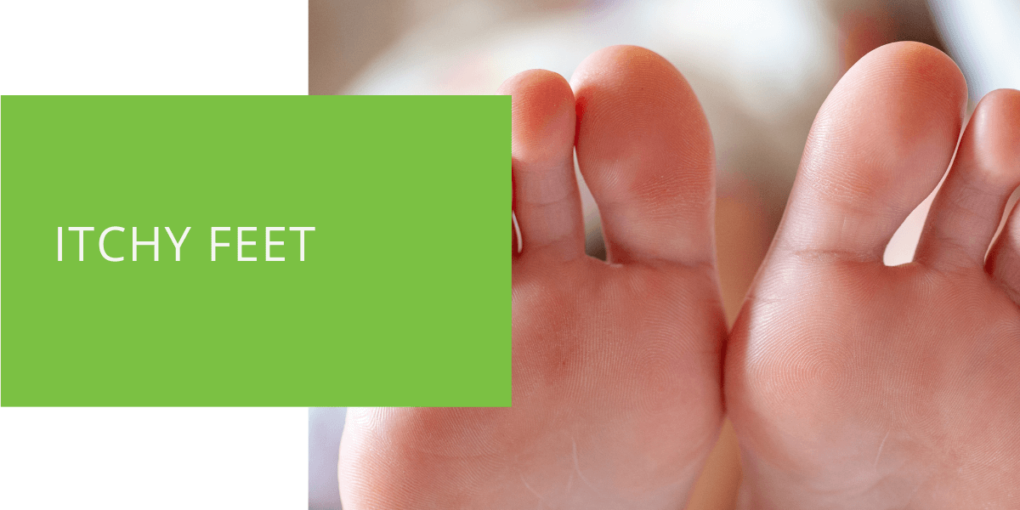Itchy Feet: Causes, Symptoms & Treatment
Itchy feet can be an uncomfortable and frustrating experience. It can interfere with daily activities and cause discomfort, whether persistent itching or a fleeting sensation. Itching is a common symptom, and various factors can cause it. This article will explore the causes, symptoms, and treatments for itchy feet.
Causes of Itchy Feet
There are several causes of itchy feet, including fungal infections, eczema, psoriasis, allergies, and dry skin. Let's take a closer look at each of these causes.
Fungal Infections
Fungal infections, such as athlete's foot, commonly cause itchy feet. These infections are caused by fungi that thrive in warm, moist environments, such as locker rooms and swimming pools. Symptoms of fungal infections can include:
- Itching and burning sensation
- Redness and rash
- Dry, scaly skin
- Blisters and bumps
- Foul odor
Fungal infections can spread to other parts of the body and other people. If left untreated, they can cause cellulitis and toenail fungus complications.
Eczema and Psoriasis
Eczema and psoriasis are chronic skin conditions that can cause itchy feet. Eczema is a condition that causes dry, itchy skin and can also cause redness and scaling. Psoriasis is an autoimmune condition that causes red, scaly patches on the skin, including the feet. Symptoms of eczema and psoriasis can include:
- Itching and burning sensation
- Redness and rash
- Dry, scaly skin
- Cracking and bleeding skin
- Thickened, discolored toenails
Various factors, including stress, allergies, and infections, can trigger eczema and psoriasis.
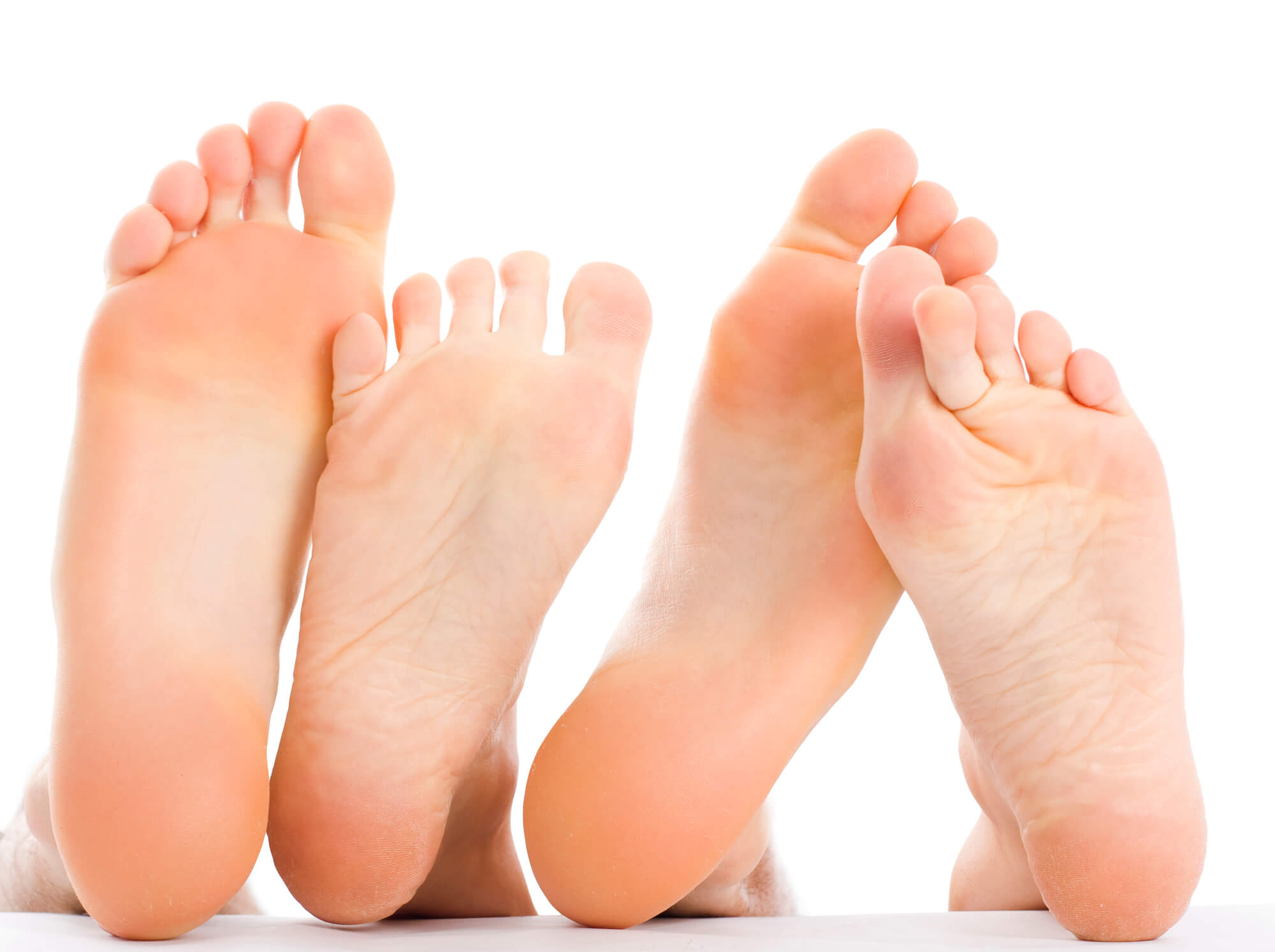
Allergies
Allergies to substances such as soaps, detergents, and fabrics can cause itchy feet. Some people are more prone to allergic reactions than others, and the symptoms can range from mild to severe. Symptoms of allergies can include:
- Itching and burning sensation
- Redness and rash
- Hives and blisters
- Swelling and inflammation
Various substances, including metals, plants, and foods, can cause allergies.
Dry Skin
Dry skin is a common cause of itchy feet, especially in winter. When the skin becomes dry, it can become itchy, red, and scaly. Symptoms of dry skin can include:
- Itching and burning sensation
- Redness and rash
- Dry, flaky skin
A lack of moisture, harsh soaps, or hot showers can cause dry skin.
Kidney Disease
Kidney disease can also cause itchy skin, including the feet. The kidneys play a vital role in filtering waste products from the blood. When the kidneys are not functioning properly, waste products can build up in the body, leading to itchy skin. Symptoms of kidney disease can include:
- Itching and burning sensation
- Dry, scaly skin
- Fatigue and weakness
- Nausea and vomiting
- Swelling in the legs and feet
If you are experiencing symptoms of kidney disease and itchy feet, seeing a healthcare provider as soon as possible is important.
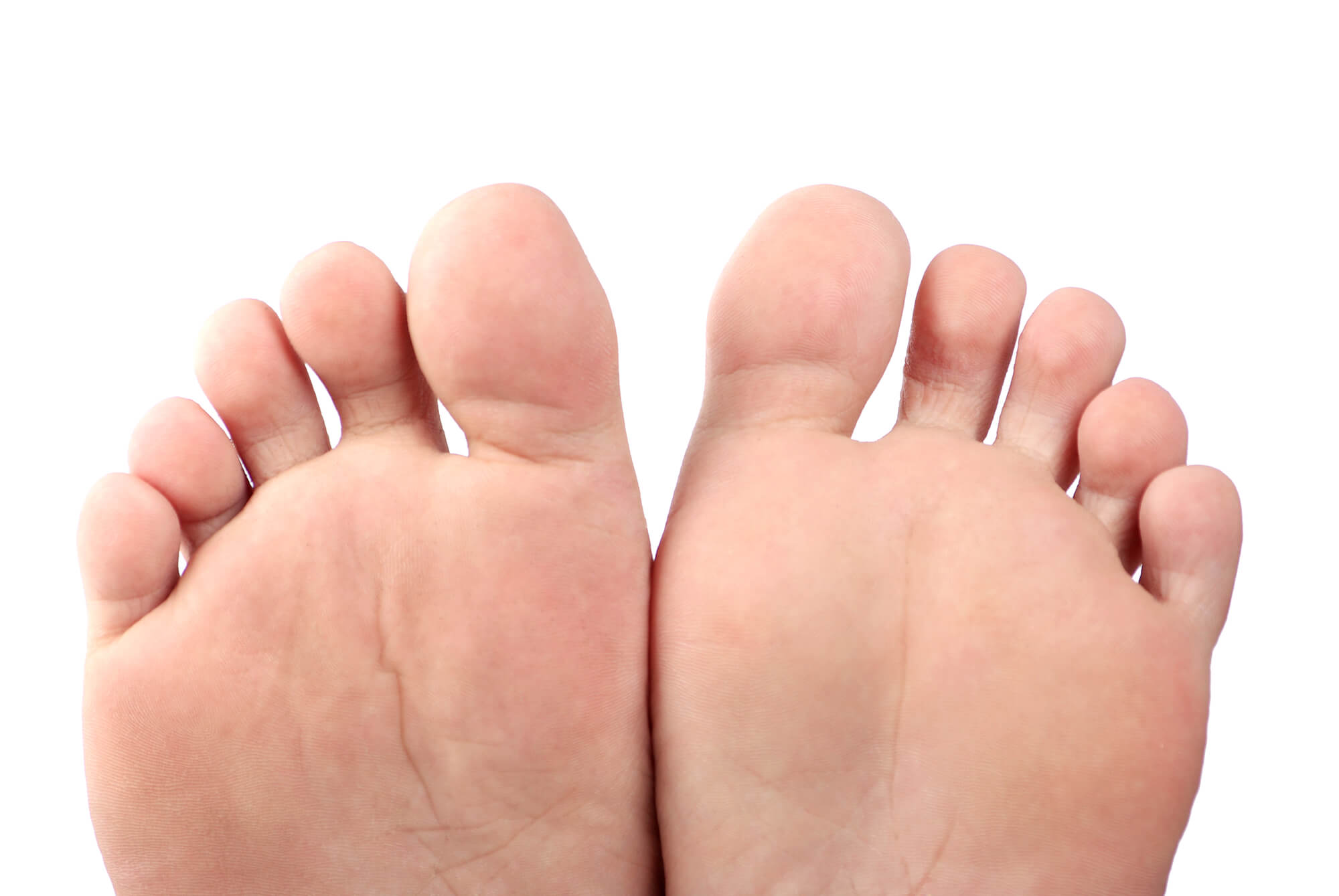
Treatment for Itchy Feet
The treatment for itchy feet depends on the underlying cause. Here are some common treatments for itchy feet.
Fungal Infections
Fungal infections can be treated with antifungal medications. These medications are available over-the-counter or by prescription, and they work by killing the fungus. Topical antifungal creams and ointments can be applied directly to the affected area, while others are taken orally. A podiatrist may recommend laser therapy to treat the infection in severe cases. Following the treatment plan as directed is important to ensure the infection is fully eliminated.
Eczema and Psoriasis
Eczema and psoriasis can be treated with topical corticosteroids, available in over-the-counter and prescription strengths. These medications work by reducing inflammation and itching. Moisturizers can also be used to help soothe dry, itchy skin. Other treatments for eczema and psoriasis include topical calcineurin inhibitors, phototherapy, and oral medications. Treatment for eczema and psoriasis is typically ongoing, as these are chronic conditions.
Allergies
The best treatment for allergies is avoiding the allergen causing the reaction. If you are allergic to a particular substance, such as a soap or detergent, you should stop using it immediately. In some cases, antihistamines may be prescribed to relieve itching and other allergy symptoms. If the allergic reaction is severe, epinephrine may be administered to prevent anaphylaxis.
Dry Skin
To treat dry skin, it's important to keep the skin moisturized. You can apply a moisturizer regularly, especially after showering or bathing. Avoid harsh soaps, and take shorter, cooler showers to help retain moisture in the skin. In severe cases, a podiatrist may recommend a prescription-strength moisturizer or a topical medication to reduce inflammation and itching.
Kidney Disease
If itchy feet are caused by kidney disease, the underlying condition must be treated. Treatment may involve medications, dialysis, or a kidney transplant. It's important to follow the treatment plan as directed to prevent further complications.
Home Remedies
Some home remedies can help relieve itchy feet. Soaking the feet in warm water with Epsom salt or oatmeal can help soothe the skin. Applying a cool compress to the affected area can also help relieve itching. Other home remedies for itchy feet include applying aloe vera gel or coconut oil to the affected area. However, it's important to consult with a podiatrist before trying home remedies, as they may not suit everyone.
Over-the-Counter Medications
Several over-the-counter medications can help relieve itchy feet, such as topical antihistamines, calamine lotion, and hydrocortisone cream. These medications can be effective for mild to moderate itching but may not be for more severe cases.
Following the treatment plan and continuing treatment until symptoms have resolved is important. See a podiatrist for an accurate diagnosis and treatment plan if symptoms persist or worsen.
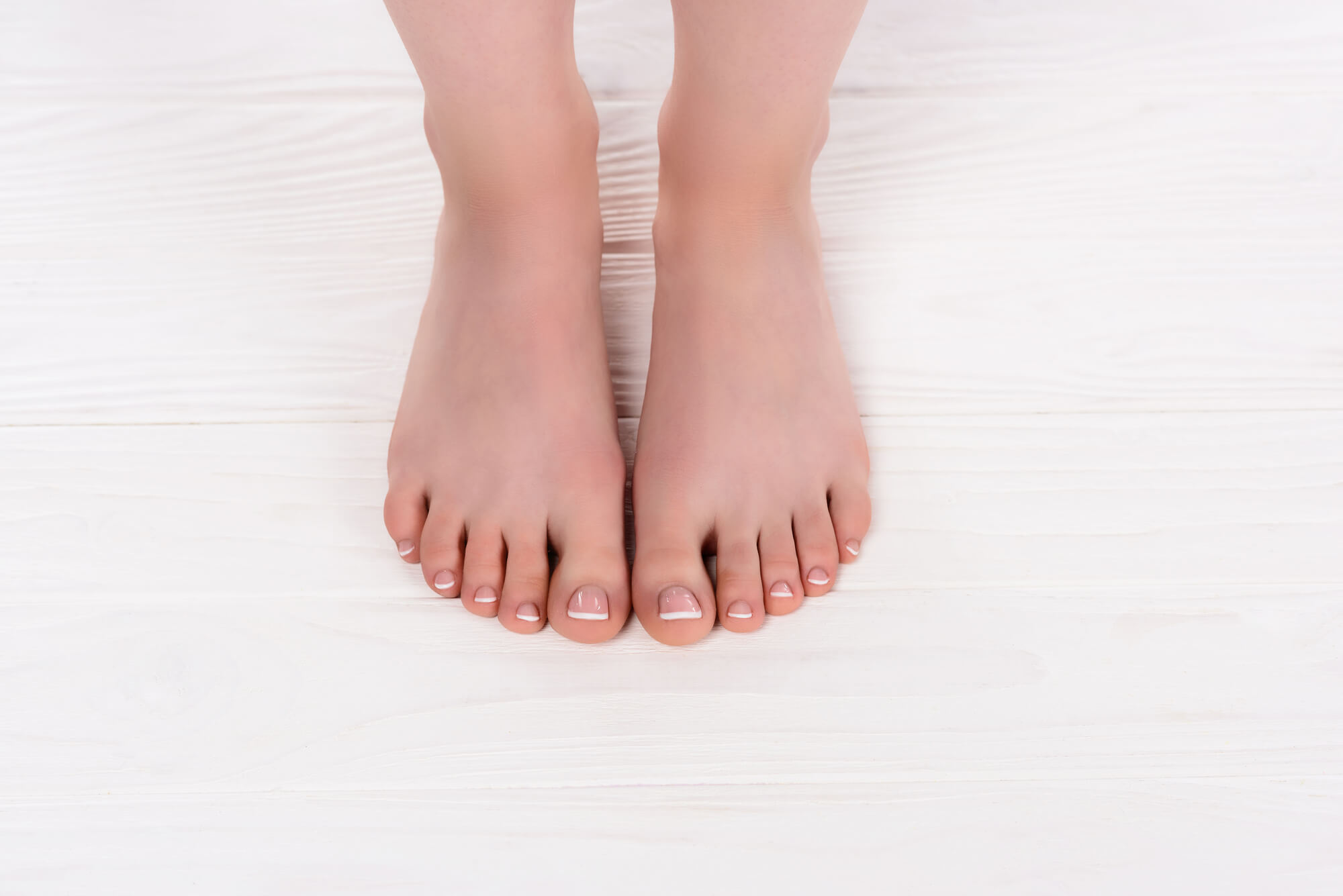
Prevention of Itchy Feet
Preventing itchy feet involves taking steps to avoid the underlying causes. Here are some tips to help prevent itchy feet.
Practice Good Foot Hygiene
Practicing good foot hygiene is an essential part of preventing itchy feet. This includes washing your feet regularly and drying them thoroughly, especially between the toes. Use a mild soap and warm water to clean your feet, and rinse them thoroughly. After washing your feet, pat them dry with a clean towel. Avoid walking barefoot in public areas, such as locker rooms and swimming pools, to avoid exposure to fungi and bacteria.
Wear Shoes That Fit Properly
Wearing shoes that fit properly is also important for preventing itchy feet. Choose shoes that provide adequate support and cushioning and allow your feet to breathe. Avoid shoes that are too tight or loose, as they can cause friction and pressure on the feet. Wear socks made from breathable materials, such as cotton or wool, to help keep your feet dry.
Avoid Irritants
Avoiding irritants that can cause itching is another important step in preventing itchy feet. Avoid harsh soaps and detergents, and choose gentle products on the skin. If you have sensitive skin, choose fragrance-free and dye-free products. Avoid wearing synthetic fabrics and tight-fitting clothing, as they can trap moisture and heat against the skin.
Change Your Socks and Shoes Regularly
Changing your socks and shoes regularly is important for preventing the growth of fungi and bacteria. Wear clean socks daily; change them more often if you sweat heavily. Avoid wearing the same pair of shoes daily, as they need time to dry and air out. Consider alternating between two or three pairs of shoes to give each pair time to dry out between uses.
Use Antifungal Products
Using antifungal products can also help prevent itchy feet. Antifungal powders, sprays, and creams can be applied to the feet to help prevent the growth of fungi. Follow the instructions carefully, and continue using the products even after symptoms have resolved to prevent a recurrence.
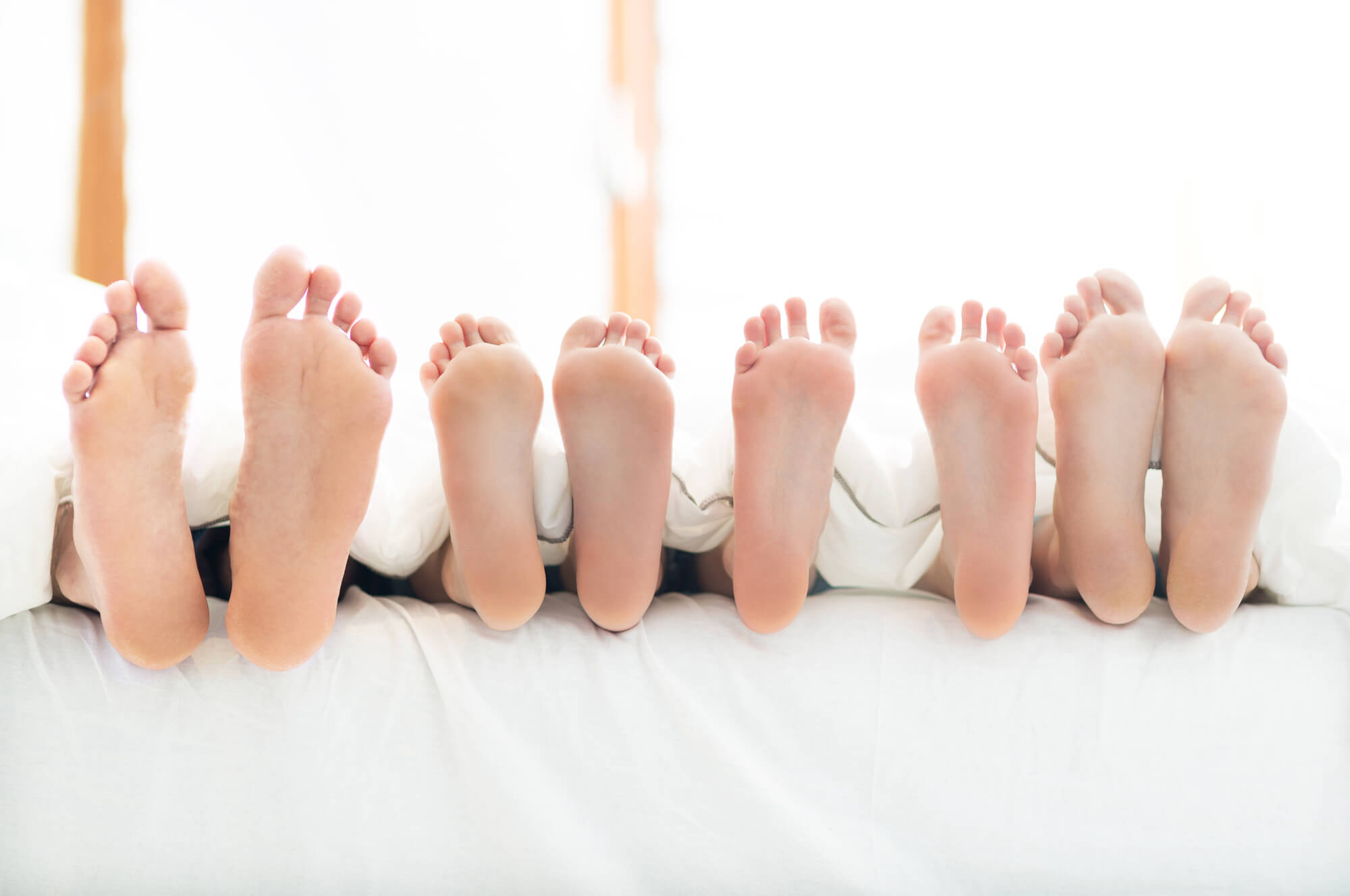
Maintain Good Overall Health
Maintaining good overall health is also important for preventing itchy feet. Eat a balanced diet rich in vitamins and nutrients, and drink plenty of water to stay hydrated. Exercise regularly to improve circulation and reduce the risk of infections. If you have an underlying health condition, such as diabetes or kidney disease, follow your treatment plan and monitor your symptoms closely.
Following these tips can help prevent itchy feet and maintain healthy, comfortable feet. If you are experiencing persistent itching or other symptoms, see a podiatrist for an accurate diagnosis and treatment plan.
Conclusion
Itchy feet can be a frustrating and uncomfortable experience, but it's important to understand the underlying cause to find effective treatment. Whether it's a fungal infection, eczema, psoriasis, allergies, or dry skin, treatment options are available to help relieve itching and discomfort. It's also important to practice good foot hygiene and take steps to prevent itchy feet from occurring in the first place. If you're experiencing persistent itching or other symptoms, see a podiatrist for an accurate diagnosis and treatment plan.
FAQ
How do you treat severe itchy feet?
Severe itchy feet may require medical treatment. If a fungal infection causes itching, a podiatrist may prescribe oral antifungal medication or recommend laser therapy. If the itching is caused by eczema or psoriasis, a podiatrist may recommend prescription-strength topical medications or light therapy. In some cases, oral medications may also be prescribed. Following the treatment plan and continuing treatment until symptoms have resolved is important.
What is the best home remedy for itchy feet?
Several home remedies can help relieve itchy feet, including soaking the feet in warm water with Epsom salt or oatmeal, applying a cool compress to the affected area, and applying aloe vera gel or coconut oil the affected area. However, it's important to consult with a podiatrist before trying home remedies, as they may not suit everyone.
When should I be concerned about itchy feet?
You should be concerned about itchy feet if the itching is persistent, severe, or accompanied by other symptoms, such as redness, rash, blisters, or swelling. If you have diabetes or another underlying health condition, it's important to be vigilant about foot health and to seek medical attention for any foot problems, including itching. If you are unsure about the cause of your itchy feet or do not see improvement with home remedies or over-the-counter medications, see a podiatrist for an accurate diagnosis and treatment plan.

